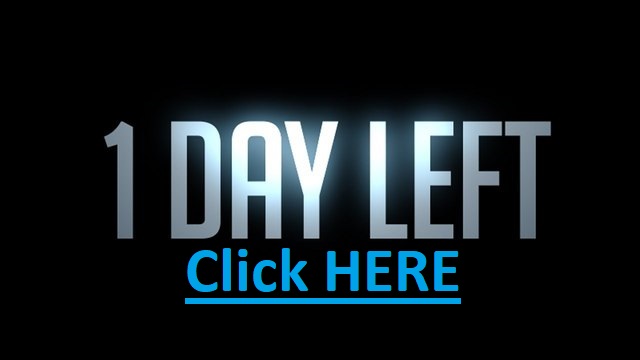There was an interview in The Wall Street Journal with Tim O’Shaughnessy (CEO of Living Social) where he faced a few pretty tough questions.
Sound familiar?
One question in particular made me reach for my journal because I thought he handled the question brilliantly!
Check it out (please note that I’ve included Tim’s answer that prompted the difficult question so you have the proper context)
Tim: “We just operate our business. If I took what pundits said as gospel, we’d be in a very different place than where we’re at right now.”
WSJ: “Are they right to be skeptical?”
Tim: “You know, we think its strong. We think that we see great growth in things. We have over a million people that have bought from us three times or more. We are increasing our merchant base, our footprint (and) the number of merchants that are working with us again”
Don’t be fooled by that quick paragraph because I’m here to tell you that there is sales brilliance in there if you allow yourself to own the lesson Tim provided!
He didn’t just make a statement or offer a rebuttal . . . the dude offered proof!
In this case he used a fact (a million people who have bought 3+ times) and examples (increasing their merchant base, their footprint and the number of merchants working with them again)
With just these two simple techniques, Tim provided evidence to make his point.
Probably something we could use in sales, huh?
When I worked for Carnegie there was a really cool way they taught us to remember the use of evidence.
“Evidence D.E.F.E.A.T.S Doubt”
“Defeats” is actually a handy/dandy acronym to help you remember the various types of proof you can offer
D = A Demonstration of your product or service
E = An Example such as the example Tim provided in the example of an example I provided 🙂
F= A Fact.
E = Exhibits or Samples (Note if we used an S here it would spell “Defsats” which might mean something dirty in another language)
A = Stands for analogy.
T = A testimonial.
S = Statistic
One final note about offering proof . . . don’t wait for people to be skeptical or even the proverbial “prove it”; by then its almost too late and it forces you to play a defensive game.
Instead . . . use proof sources proactively to cement trust and add yet one more differentiator to the brand we call “YOU”!
Your turn . . . What evidence do you use to proactively erase doubt?











































































































































































Love the DEFEATS thing – time for me to jot it down in my “journal” and figure out what I can use from my own business to line up with it!
Thanks, as always, for sharing, Paul!
Have yourself a stellar day!!
Virtually Yours,
Anne-Marie
That “DEFEATS” thing has served me well Ann-Marie!
Thanks for stopping by and enjoy your day!
Another great sales tip from the master (Paul)… thats a great one to learn and relearn throughout a sales career …the best way to start the day.
Boy do I wish I owned this one earlier in my career John!
Thanks for stopping by and for the kind words too!
This is more important than probably anyone realizes. Skepticism and complexity are neck and neck in the sales world these days and both can be quieted with solid evidence. ( Complexity creates tension in a buyers mind that proof can ease ). Love the model Paul- will share with my sales folks.
Couldn’t have said it better myself Mark . . . Thanks!
Hi Paul.
I like the acronym…it makes it easier to recall the options…hope you do not mind if I share that tip with some of my clients!
Keep up the great posts!
Feel free Sandy . . . The folks at Dale Carnegie deserve the credit!
Another great post Paul!
I also agree with Mr. McCarthy in that solid proof of competency about your product or service is what the prospect is looking for so they can trust their decision to work with you!Your Defeats Acronym is a great to remember on anyones next call!Thanks!Larry
Noted and agreed Larry . . . Thanks for stopping by my friend!
This is a great model Paul!
The defeats is a great tool to keep handy in your mind to deal with these doubters when we run accross them.Thanks Paul!
Definitely something for all of us to keep at the ready Mr Lopez!
Thanks for taking the time to stop by and comment bro chocho!
Not many people like to offer evidence, they prefer to talk theoretically perhaps because they have none to offer. Maybe it’s a habit. When we start things, we can’t offer evidence, we have to improvise and “fake” things work just fine. When they do work, afterwards, we’re just too used to be vague.
While we can’t offer evidence from our own track record, perhaps we can offer industry stats, case studies, examples, stories etc that are outside of our own limited experience.
Thanks Gabriele!
I like it!
Thanks Rebecca!
Excellent! Offering vague references elicits vague commitments.Be specific and cite real examples and real statistics.
Cheers,
Marc
I agree Marc!I think it’s a great way to stand out while helping someone get a higher level of comfort!
Thanks!